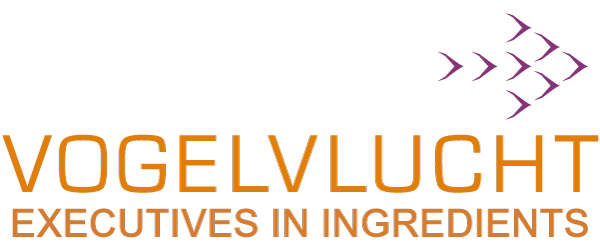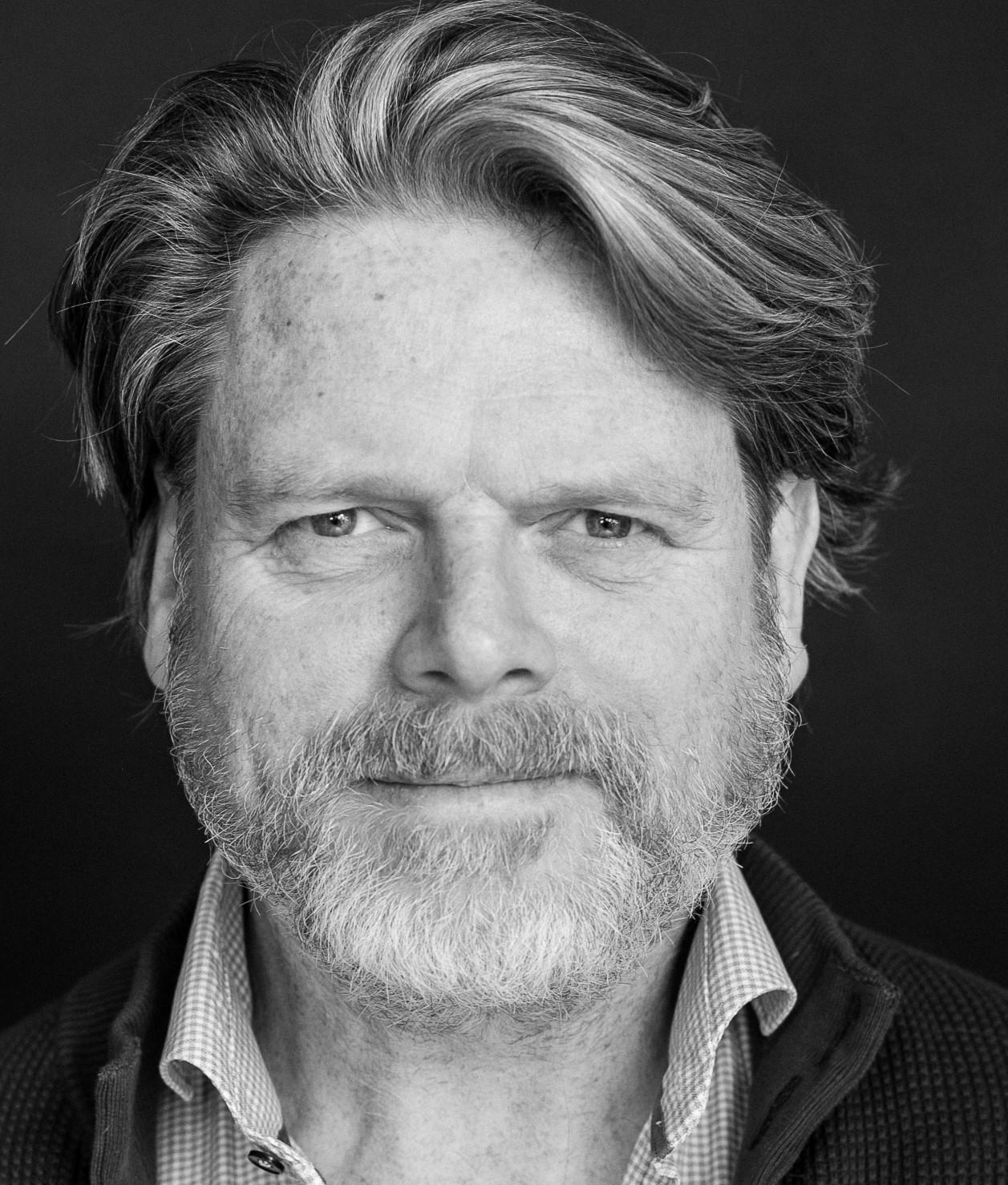The ingredients industry has always been quite traditional and responsive, according to Mike Vermeer, Senior Innovation Manager at Royal Cosun. Cooperative of farmers with companies AVIKO, Cosun Beet Company, Duynie Groep, SVZ and Sensus. Compare the ingredients industry with the software and automobile industry, where in recent years tremendous adaptations have been made based on consumer needs and trends. The world is changing and the changes follow one another with increasing speed, also in the food industry. That has an increasingly large impact on the ingredients industry. If you want to be one step ahead with your organization, you’ll need to find ways to adapt to opportunities in time and be agile. Mike Vermeer tells us how Cosun builds a bridge between now and the future.
“In order to move forward, you have to be agile.”
What according to you are the most important developments in the food industry?
I see three, large developments when it comes to food ingredients. The first is that our customers, and also we, are busy bringing healthier and more sustainable alternatives of existing products to the market. Take cheese for instance; an ingredient that has been added to many products. A creator of taste of texture since the beginning of time. Nevertheless, its use is under pressure these days. It makes products quite calory-rich, saltier and less sustainable. At the same time, it doesn’t meet the needs of the vegan consumer – whose market share is expanding. The market moves to lighter, more pure and flavorful alternatives. That is why technologists from Aviko developed a completely vegan dish based on potatoes and vegetables.
“The second development is that nutrition is produced in more sustainable ways: production from sustainable sources with less compromises for the environment. After conducting a research together with Wageningen University & Research as well as with international partners, we made an amazing discovery. We have been able to turn the leaf of sugar beets, which is usually left on the field, into a plant-based alternative for chicken protein, called RuBiSco. It’s a natural and functional ingredient for which weekly new applications are discovered. The residue of this process is also a better fertilizer for the farmland.”
At the moment, there is a demo line going on at the Royal Cosun pilot plant IniCio. After the beet campaign in 2020, material will be put available for our clients’ development department, and we are expecting an industrial upscaling in 2022.
Convenience is the third development. What I mean with that is that semi-finished products are easier to process into final products in the production chain and that certain meals are prepared faster in the kitchen. A big name in catering gave us the insight that there is a need to prepare soups and sauces more efficiently with less effort from the chefs and a more stable price. However, the product needs to stay as closely as possible to ‘homemade’. It resulted in vegetable and fruit purees with chunks, mildly produced directly after the harvest through our plants in Eastern Poland and Southern Spain. A complex process to organize at a large scale, taking in consideration food security. A world player in ice cream is now developing new products with “Chunky Puree”, after the introduction at the last Fi Europe in Paris.
In what ways does Cosun anticipate to these developments?
There are big changes taking place. The world is changing faster than ever before. In the past we reacted to questions from our customers. We only came into action when a question had been asked to us. What you’re actually doing then, is walking a step behind. Innovation – from idea to realization – takes the necessary amount of time, often multiple years when significant investments are necessary. We came to realize that we need to respond to these changes earlier and faster. If we want to be ahead, then we need to know the market well. That’s why we started collaborating intensively with the innovation and marketing departments of our clients. Together we define the future, we create opportunities and respond to those. Our agronomic and process technological knowledge development is better aligned, enabling us to make a better impact. Also, we embraced an upscaling process which brings forward progress both in terms of technology and in decision-making. For instance, we tried to prevent the ‘valley of death’ during which a project staggers somewhere along the way and loses its chance of getting lost.
What does that require of Cosun as an organization?
“This demands a cultural shift. In 2019, we started a vision roadmap which involved a diverse group of around 120 people from the organization. From that evolved a new strategy. The PPP strategy: Plants Powering People. We want to make 3 x 100% impact in 2030: circular, plant-based and transparent. On that basis, we defined seven strategic program including Future Food and Total Use. We are also busy translating strategic goals through roadmaps. After all, our most important task is to offer a generation-transcending healthy perspective to 9.045 members of our cooperation. The Cosun Innovation Center plays an important role therein. Research used to be in service of the five business groups (Suiker Unie, Aviko, Sensus, SVZ en Duynie). We are currently making a shift from research to development-driven activities. We are now looking at the impact we want to make and what it requires. The balance between technology push and market pull is improving. We are building a healthy company for the future by amongst others positively contributing to growth, sustainability, health and energy savings.”
What’s necessary in order to arrive at that cultural shift?
“First of all, there seemed to be a need for a collective vision to come to OneCosun, at the service of five business groups and the future success of the cooperation. We asked each other: what makes you get out of bed in the morning to go to work? New generations of talents, clients and members want to be part of a meaningful ecosystem. To realize the cultural shift, to master your own discipline doesn’t suffice. In the previous years we’ve welcomed an increasing number of colleagues with a so called T-profile. Top professionals who can organize, communicate and who are good at stakeholder management. Internally, we organize workshops and make sure to further improve innovation skills and competences. We also actively seek collaborations with third parties, from start-ups to multinationals. By ‘venturing’ we can achieve more using less resources, in a shorter amount of time.”
What does that ask from you as a senior innovation manager?
“I have an exciting job and find it challenging to contribute to these changes. It is partly my responsibility to build the bridge between the worlds in which we live and the world of tomorrow. That means taking the lead in development and making visible how we can be successful together. It also means conquering a place besides all the attention for the daily operations and priorities: essential for the survival of any organization. This requires perseverance, creativity and patience.”


